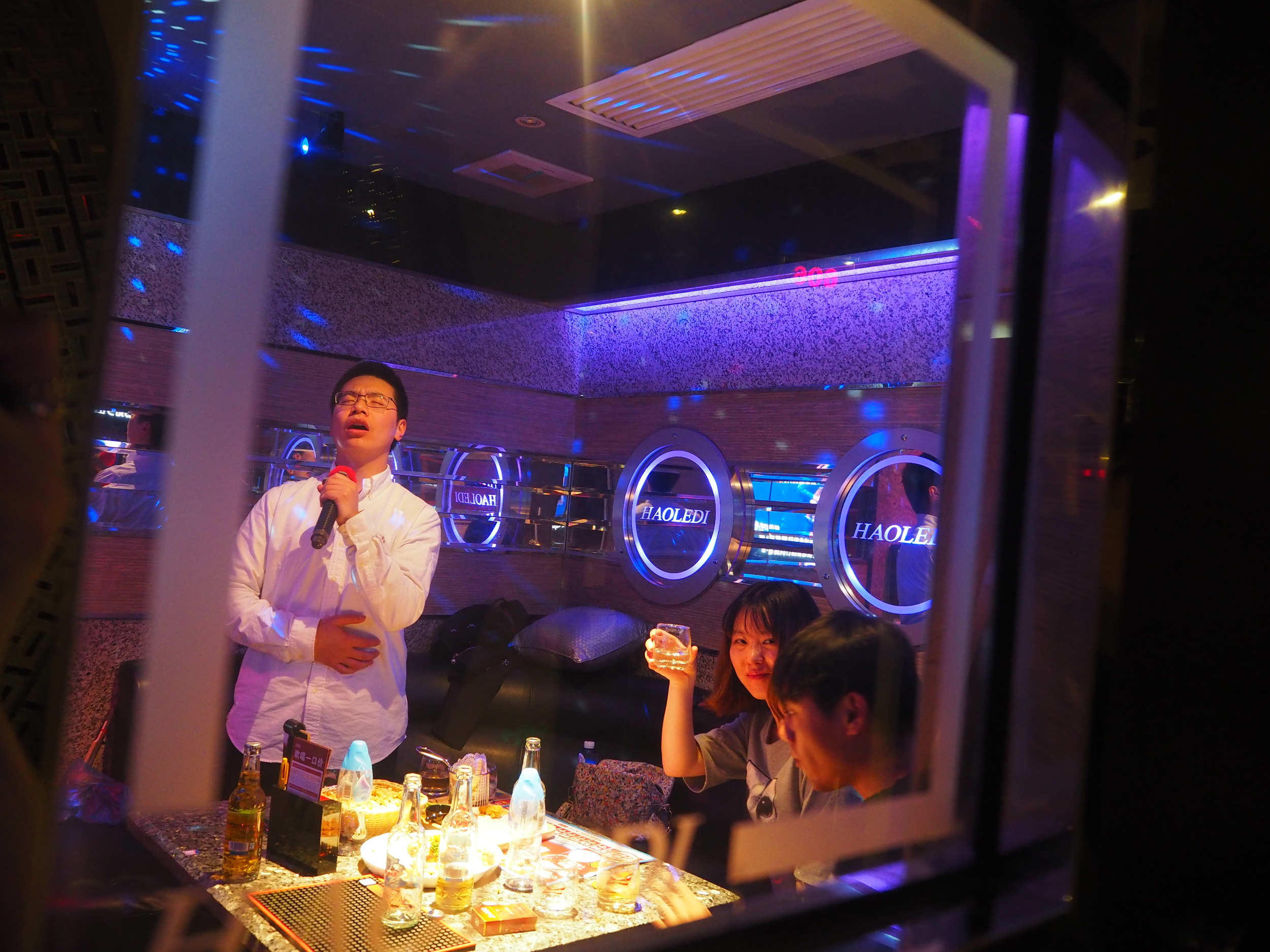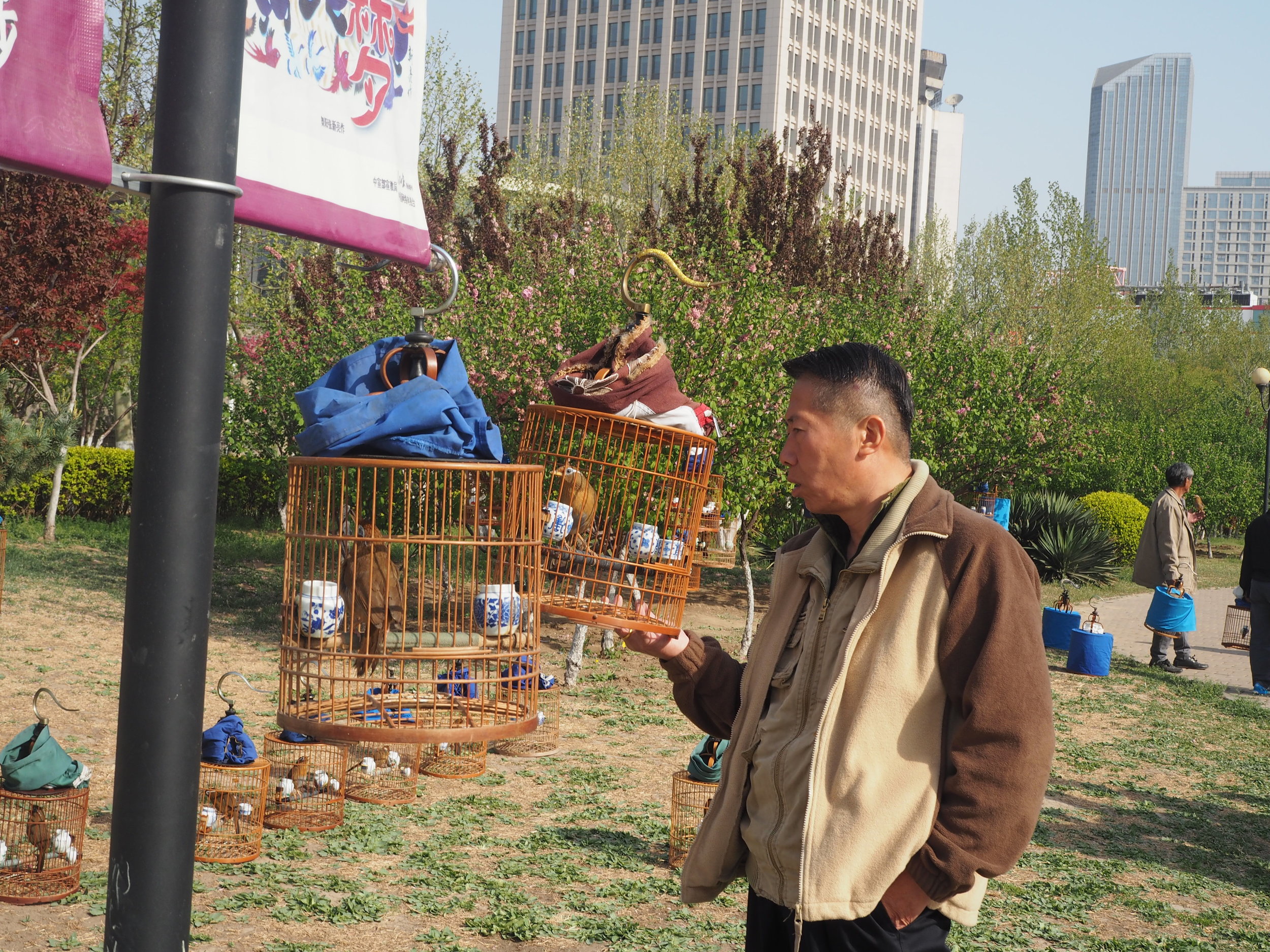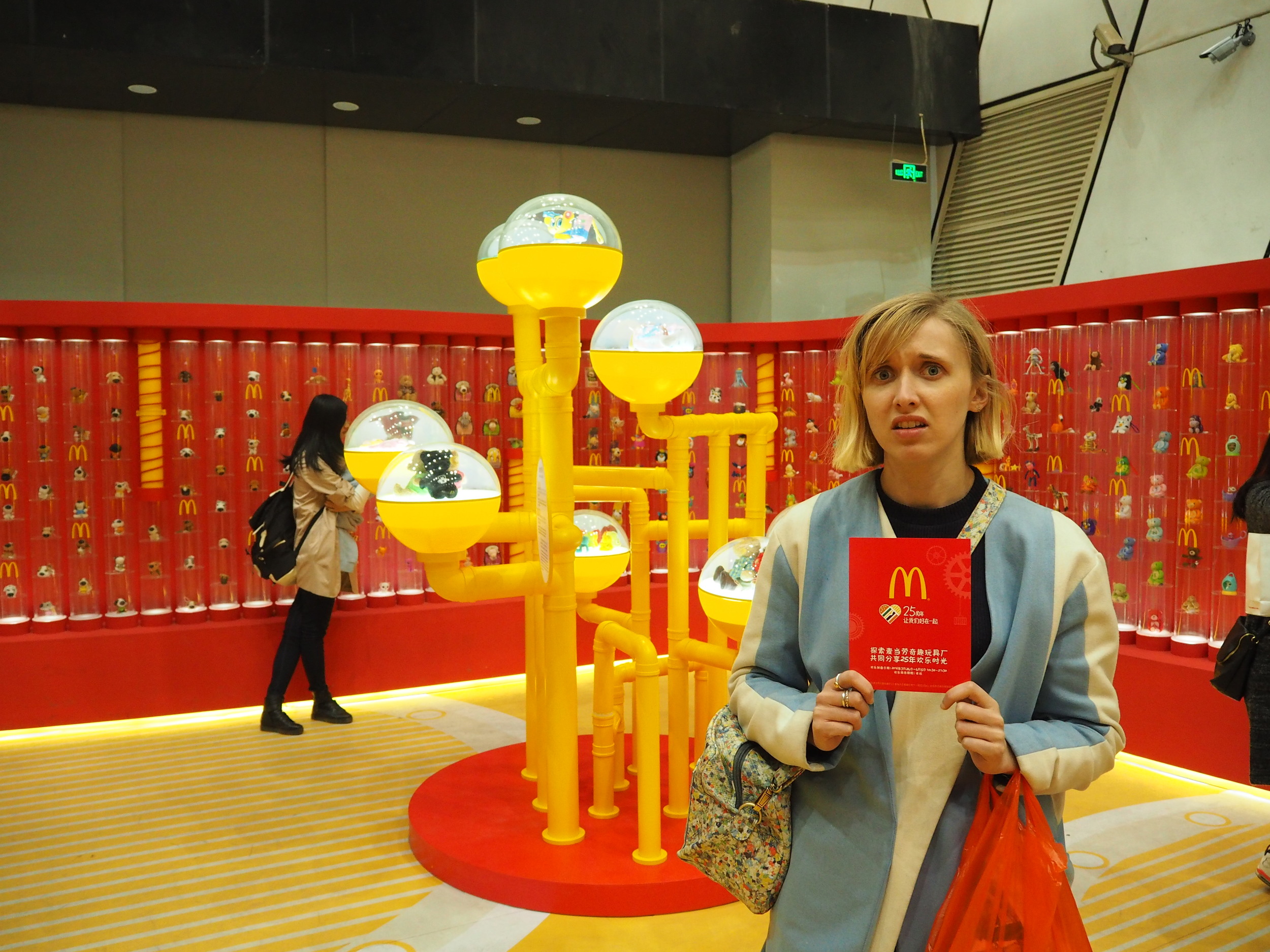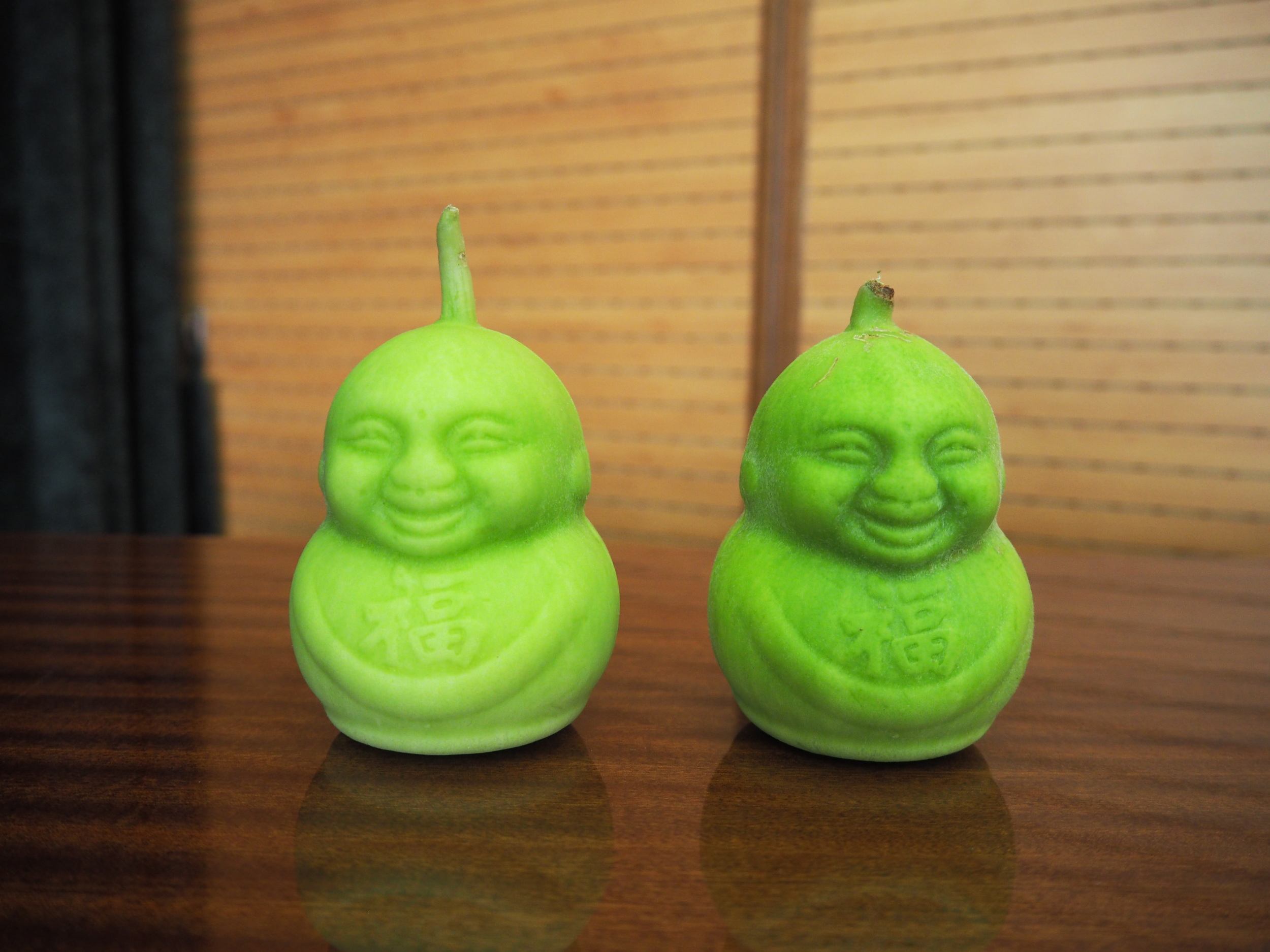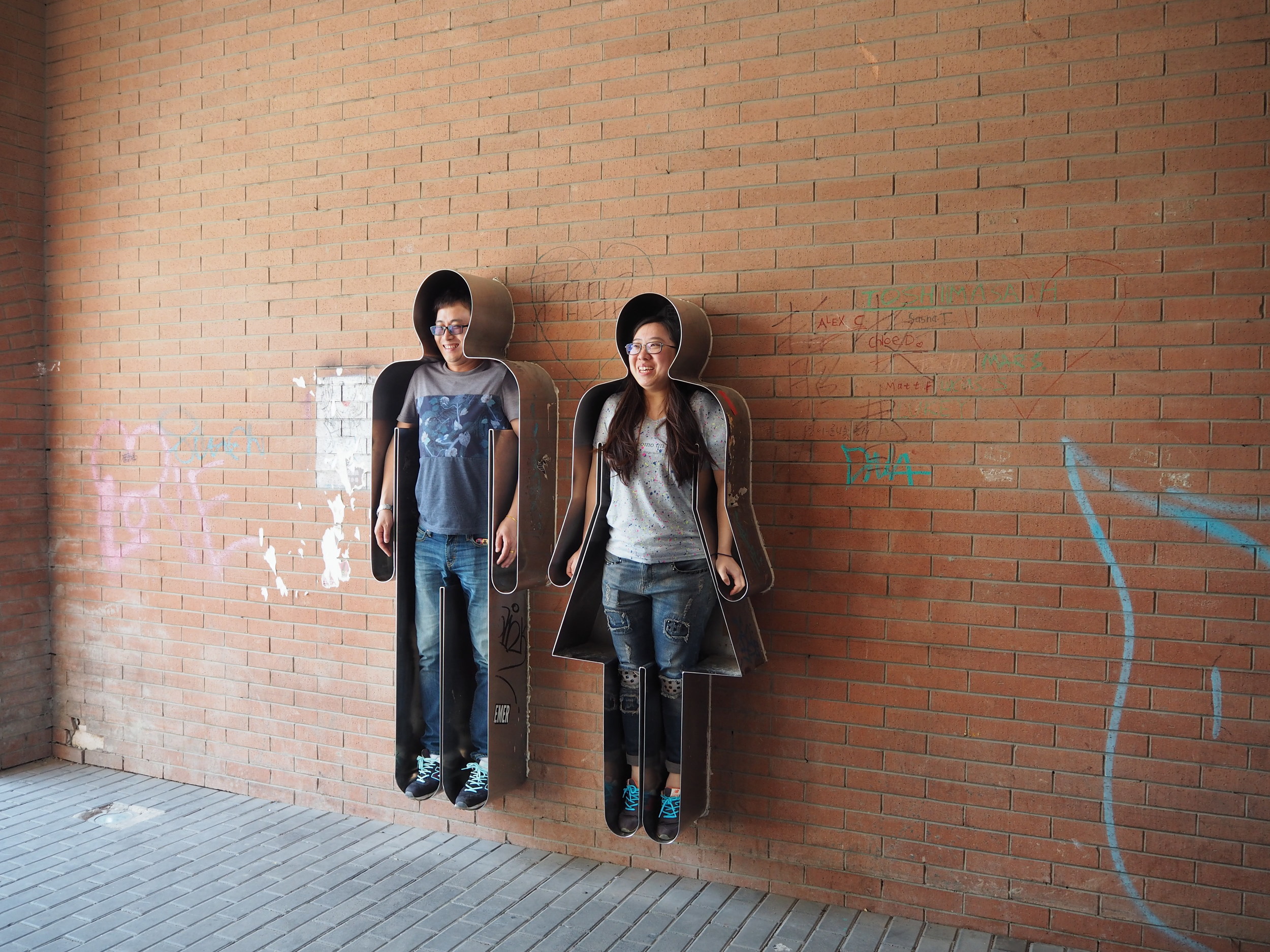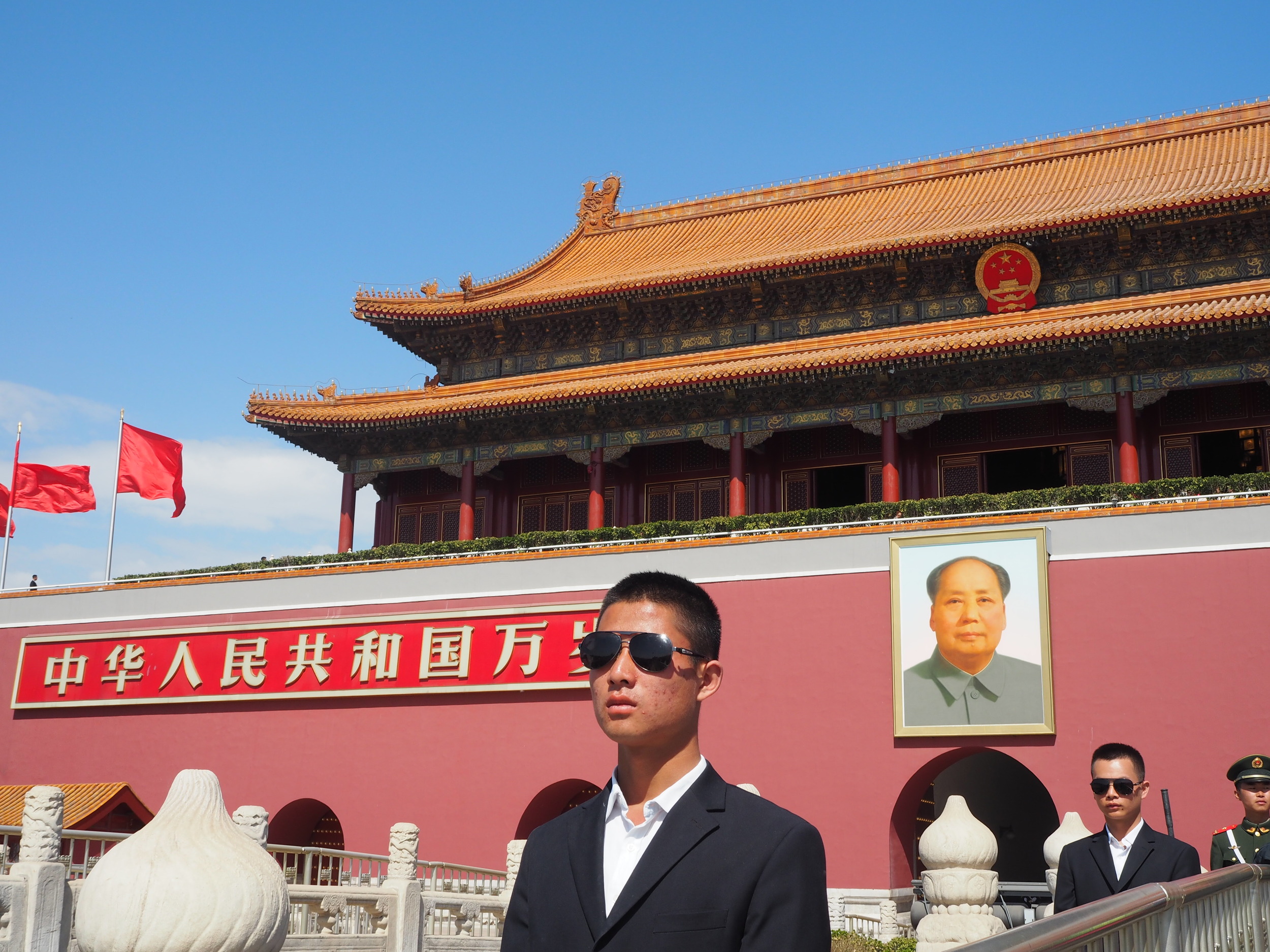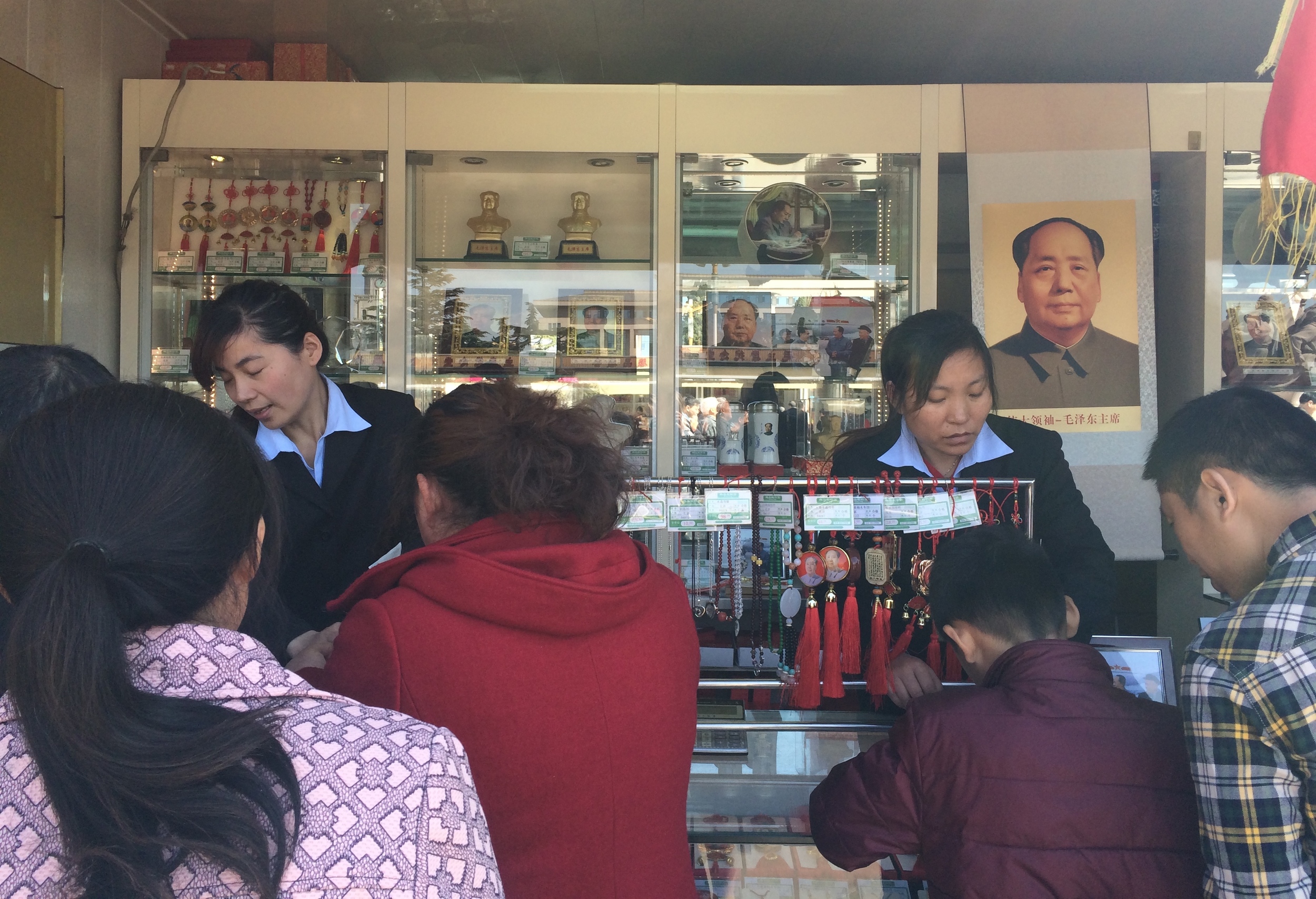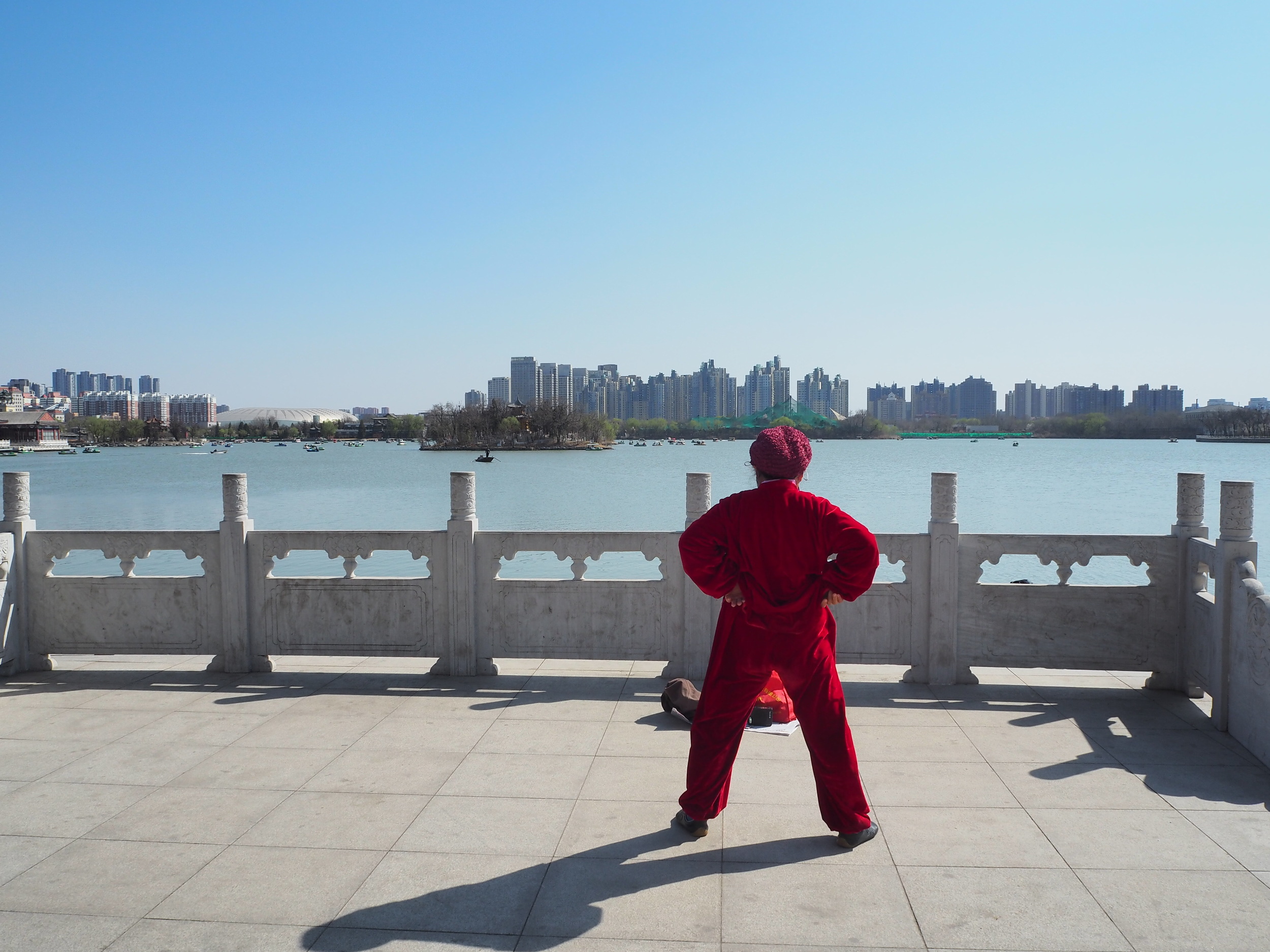Last month I was invited to direct a play with teenagers in Tianjin, China. While I have been back now for three weeks, questions that arose whilst living there are still very present in my mind. Importantly it has made me reconsider my practice and liberated me from past constraints that I had previously put on myself as an artist.
It’s hard to put my trip to China into a few words, as daily, even hourly I was surprised by, and encountering, so many different things, however the most vital thing I learnt was:
NEVER ASSUME ANYTHING.
Elderly ladies blasting hip hop versions of Old Macdonald from their Zimmer frames, groups of men in local squares taking their pet birds out for walks, restaurants with gigantic golden mirror balled cows in the entrances, whole families wearing matching outfits, cucumbers grown to look like gods, the sound of spitting in the streets, a Tibetan monk taking a photo for you, Mao souvenir shops, bags with their own haircuts, Mcdonald's Happy Meal toy exhibitions, karaoke bars that seem more like hotels, babies with slits in their trousers so they can excrete directly onto the street, drinking your bottled water to prove to the security guard that it is not poisonous, ordering a toastie and getting an egg.
I found that what I knew as the “everyday” was completely flipped on its head; and that was incredibly exciting. After experiencing a different version of reality, where things that I could have never have made up occurred, I have realised that I should censor my work less and put more of what is in my brain on stage as somewhere in the world, it may actually exist.
As well as trying to work out social rules and etiquettes in China, what also became interesting was how quickly I became used to the new oddities of everyday life. It made me question:
At what point do we stop being an onlooker and become a part of the landscape? What makes a person a part of the landscape? What does this even mean? When does our role shift from viewer to do-er? Is it at a point when things are repeated so often that we stop viewing them as interesting? Is it about being complicit?
These questions are extremely interesting to me when applied to the creation of theatre, whether examining the relationship between characters within a play or the way in which an audience engages with the work. Living in China has fuelled my desire to further explore what it means to be mundane, how it comes into fruition and how we then engage with it. Im quite excited to see where my trip will lead me creatively and how it will feed into my work.
